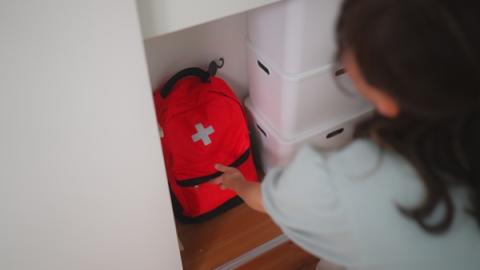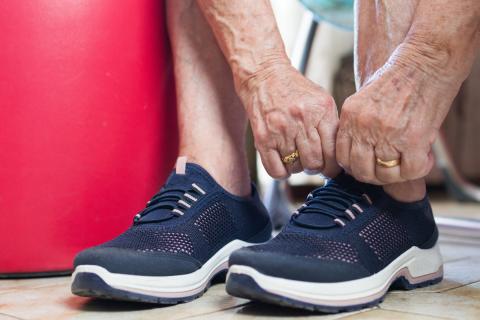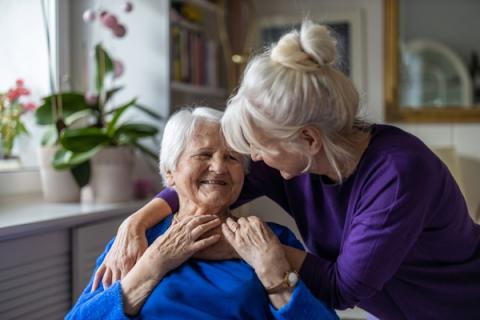Blog
Pack a Hospital “Go Bag”
Posted on November 20, 2025 - When your aging parent or loved one needs emergency medical care, the last thing you want to worry about is scrambling to gather essential items. Yet many families find themselves in exactly this situation, frantically packing bags while dealing with the stress of a medical crisis. The solution? A pre-packed hospital go bag that’s ready at a moment’s notice.
Methods to try to fall asleep fast
Posted on November 18, 2025 - One of these methods may help you fall asleep faster.
Do You Have “Head-in-Sand” Syndrome?
Posted on November 13, 2025 - If you were actively bleeding from a cut on your hand, you wouldn’t just go about your day, right? No! You would find a bandage and treat your wound. You’d want to stop the bleeding and prevent the cut from being infected. And yet, a new study from the Max Planck Institute for Human Development in Berlin found that more than one in three people actively avoid or are likely to avoid available information about their health. The researchers called it “deliberate ignorance,” but is also known as “the ostrich effect” or “head-in-sand syndrome.”
Step study: 4,000 counts for a lot
Posted on November 11, 2025 - How many steps is enough? A study of older women finds lower disease risk for those who hit 4,000 steps once or twice a week
7 Ways to Maintain Dignity in Dementia Care
Posted on November 6, 2025 - When someone you love has dementia, the way you care for them changes. But one thing should never change: their right to feel respected. Dementia can affect memory, language, and independence. But it should never erase dignity. Dignity is about being seen as a whole person, not just a set of needs or tasks. Maintaining your loved one’s dignity is about remembering that your loved one still carries a story, a history, and the right to feel valued.




